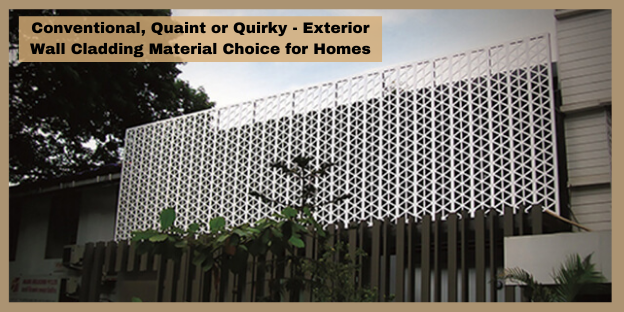In recent years, PVC wall panels have gained significant traction in both residential and commercial spaces. As a versatile and cost-effective alternative to traditional wall coverings, they have sparked a debate among homeowners, designers, and builders alike. But the question remains: Are PVC wall panels any good? In this article, we will delve into the various aspects of PVC wall panels, examining their benefits, drawbacks, and practical applications to help you make an informed decision.
Understanding PVC Wall Panels
PVC, or polyvinyl chloride, is a synthetic plastic polymer that is widely used in construction and interior design. PVC wall panels are manufactured from this material and are available in a variety of styles, colors, and finishes. They can mimic the appearance of wood, stone, or even tile, making them a popular choice for those seeking aesthetic versatility without the associated costs.
Advantages of PVC Wall Panels
- Durability and Longevity
One of the most significant advantages of PVC wall panels is their durability. Unlike traditional materials such as wood or drywall, PVC is resistant to moisture, mold, and mildew. This makes them an excellent choice for high-humidity areas like bathrooms and kitchens. Additionally, PVC panels are less prone to warping or cracking, ensuring that they maintain their appearance over time.
- Low Maintenance
PVC wall panels require minimal maintenance compared to other wall coverings. They are easy to clean with just soap and water, and their non-porous surface prevents the buildup of dirt and grime. This low-maintenance characteristic is particularly appealing for busy households and commercial spaces where upkeep can be a challenge.
- Cost-Effectiveness
When considering renovation or new construction, budget is often a primary concern. PVC wall panels are typically more affordable than traditional materials, both in terms of initial purchase price and long-term maintenance costs. Their ease of installation can also reduce labor costs, making them an attractive option for budget-conscious projects.
- Versatile Design Options
PVC wall panels come in a wide range of designs, colors, and textures, allowing for creative freedom in interior design. Whether you prefer a sleek modern look or a rustic aesthetic, there is likely a PVC panel that fits your vision. This versatility makes them suitable for various applications, from residential living rooms to commercial spaces like restaurants and retail stores.
Disadvantages of PVC Wall Panels
- Environmental Concerns
While PVC wall panels offer numerous benefits, they are not without their drawbacks. One of the primary concerns is their environmental impact. The production of PVC involves the use of harmful chemicals, and the material itself is not biodegradable. For environmentally conscious consumers, this can be a significant drawback.
- Limited Insulation Properties
Another consideration is the insulation properties of PVC wall panels. While they provide a barrier against moisture, they do not offer the same level of thermal insulation as materials like drywall or wood. This could lead to increased energy costs in extreme climates, as additional insulation may be required.
- Potential for Fading
Although PVC panels are designed to be durable, prolonged exposure to direct sunlight can lead to fading over time. This is particularly relevant for panels used in areas with significant natural light. Homeowners may need to consider UV-resistant options or plan for periodic replacement to maintain aesthetic appeal.
Practical Applications of PVC Wall Panels
Given their unique properties, PVC wall panels can be effectively utilized in various settings:
- Residential Spaces: Ideal for bathrooms, kitchens, and laundry rooms, PVC panels can enhance the aesthetic while providing moisture resistance.
- Commercial Environments: Retail stores, restaurants, and offices can benefit from the easy maintenance and durability of PVC panels, creating a welcoming atmosphere for customers and employees alike.
- Industrial Applications: In warehouses and factories, PVC panels can be used to create clean, hygienic environments that are easy to maintain.
Conclusion: Are PVC Wall Panels Any Good?
In summary, PVC wall panels present a compelling option for those seeking a cost-effective, durable, and low-maintenance wall covering. Their versatility in design and application makes them suitable for a wide range of environments. However, potential buyers should weigh the environmental implications and insulation properties against their specific needs and preferences.
